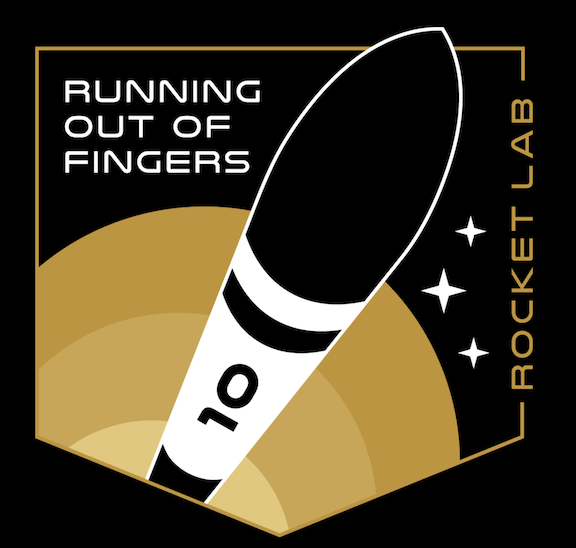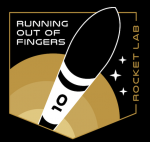
Rocket Lab’s Onenui Station in New Zealand is where the upcoming launch of multiple microsatellites in a rideshare mission representing five different countries will take place.

Target Launch Timing:
- Date: 29 November UTC
- Time: Lift-off is scheduled between 07:56 – 09:22 UTC.
- Launch Window Timezone Conversion:
- UTC: 07:56 – 09:22 (29 Nov)
- NZDT: 20:56 – 22:22 (29 Nov)
- PST: 23:56 – 01:22 (28/29 Nov)
- EDT: 02:56 – 04:22 (29 Nov)
Onboard this rideshare mission are six spacecraft comprised of 5cm PocketQube microsatellites from satellite manufacturer and mission management provider Alba Orbital. The final payload on board was procured by satellite rideshare and mission management provider Spaceflight for ALE Co., Ltd (ALE), a Tokyo-based company creating microsatellites that simulate meteor particles.
Electron’s first stage will not be recovered from this mission, however the stage includes new hardware and sensors to inform future recovery efforts. As part of a first stage block upgrade, Electron’s booster will include guidance and navigation hardware, including S-band telemetry and onboard flight computer systems, to gather data during the first stage’s atmospheric re-entry. The stage is also equipped with a reaction control system to orient the booster during its re-entry descent.
Rocket Lab’s Founder and CEO, Peter Beck, says increasing launch frequency for small satellite operators is the key driver behind Rocket Lab’s reusability program. He said that reaching their tenth flight within only two years of commercial operations is an incredible achievement. Thanks to the continued dedication and passion of the teams at Rocket Lab, responsive and frequent access to space is the new normal for small satellites. As they move beyond once-a-month missions towards their goal of weekly launches, recovering and reusing Electron could play a significant role in increasing launch frequency.

